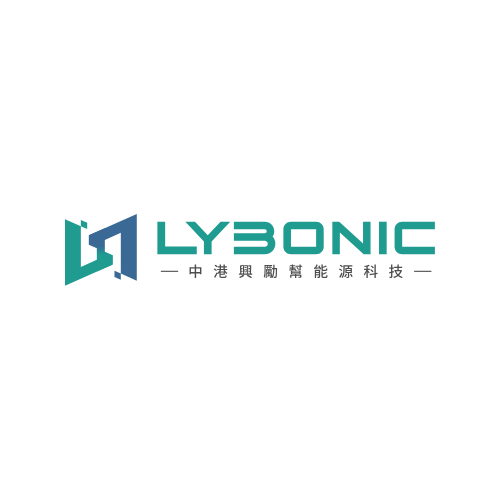SOLUTIONS
Lybonic Solutions
Turning Waste into Clean Energy Page
Lybonic Bioenergy Limited offers a comprehensive portfolio of seven waste-to-energy and circular economy solutions, powered by the patented DYD One-Step Catalyst Technology. Each solution transforms industrial and municipal waste into high-value green fuels or materials, reducing carbon emissions and promoting sustainable development.


Solution Details
WHAT WE OFFER
Waste Animal & Vegetable Oil → Biodiesel (DYD One-Step Process)
Lybonic’s flagship DYD One-Step technology directly converts waste cooking oil, grease, and food-processing fats into high-purity biodiesel (BD100) without the traditional two-step acid–alkali process.
Advantages:
- Combines esterification and transesterification in a single reaction vessel at 75–85°C under normal pressure.
- Reduces production time by 50% and methanol use by 30%.
- Conversion yield up to 95% for gutter oil and 85% for standard waste oils.
- Certified to meet ASTM D6751 and EN14214 standards.
Applications: IMO-compliant ship fuel, vehicle diesel blend (B20–B100), sustainable aviation fuel base.
Waste Engine Oil → B30 Biofuel
Transforms discarded lubricants and engine oil into B30-grade transportation fuel through catalytic cracking and molecular distillation.
Key Features:
- Produces regenerated diesel with cetane number ≈40; blended with 30% biodiesel to reach B30 fuel standard.
- Reduces hazardous waste incineration and recovers valuable hydrocarbons.
- Enables circular reuse of automotive and industrial oils.
Environmental Impact: 60–70% reduction in lifecycle CO₂ emissions vs. conventional diesel.
Waste Plastics → Pyrolysis Oil
Lybonic’s Plastic-to-Oil Recycling System co-processes waste plastics with used oil under high temperature using a patented Plastic Cracking Catalyst.
Highlights:
- Produces “Plastic Crude Oil” and “Cracked Gas,” achieving over 70% oil yield.
- The recovered oil can be refined into gasoline, diesel, and boiler fuels.
- Greatly reduces landfill waste and crude oil dependency.
Output: Light fuel oil and LPG byproducts for power generation.
Oil Sludge Removal & Recovery
Lybonic’s Oil Sludge Separation Agent efficiently removes heavy oil residues from ship tanks, storage tanks, and refinery sludge pits.
Performance:
- Removes crude, bunker, and waste engine oil residues that conventional detergents cannot.
- Tested in Daqing Oilfield, achieving complete sludge separation and oil recovery.
- Enables recycling of ship bilge sludge into regenerated 180 fuel oil or crude oil.
Benefits: Saves water, reduces cleaning costs, and supports port-level circular operations.
Waste Foam Plastics (PS) → Marine Anti-Corrosion Coating
Lybonic engineers developed PS Marine Anti-Corrosion Paint using recycled polystyrene foam waste.
Applications:
- Protective coating for ships, buoys, docks, and coastal steel structures.
- Offers superior saltwater resistance and costs one-third less than conventional coatings.
- Represents a new category of value-added upcycled polymer material.
Plant Asphalt → B24 Biofuel
Plant asphalt, a carbonized residue from vegetable oil processing, can be transformed into B24-grade marine biofuel using the third-generation DYD catalyst.
Features:
- Converts >70% of plant asphalt into biofuel.
- Stable feedstock from biodiesel and vitamin-E industries (over 500,000 tons annually).
- Expands bioenergy feedstock diversity, ensuring price stability and scalability.
Usage: Deep-sea ship fuel meeting IMO 2020 sulfur standards.
Waste Tires → Pyrolytic Fuel & Carbon Black
Utilizing controlled pyrolysis, waste tires are decomposed into liquid fuel, pyrolysis gas, and carbon black.
Outputs:
- Fuel oil for industrial boilers or marine use.
- Recovered carbon black reused in rubber production.
Impact: Diverts non-degradable rubber waste from landfills and reduces fossil fuel use.
